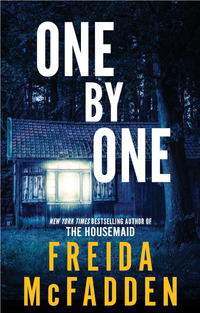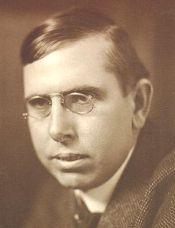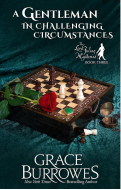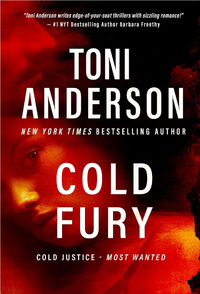 ONE BY ONE |
 Discover May's Best New Reads: Stories to Ignite Your Spring Days. | Theodore Dreiser
The son of a German immigrant, Dreiser was the ninth of 10 children and grew up in poverty. He spent a year at Indiana University before becoming a newspaper reporter in 1892. His reading (especially of T. H. Huxley, John Tyndall, and Herbert Spencer) and personal experiences led him to a pessimistic view of human helplessness in the face of instinct and social forces. The initial failure of his first novel, Sister Carrie (1900), the story of a kept woman whose behavior goes unpunished, plunged him into depression, but he recovered and achieved financial success as editor in chief of several women's magazines until he was forced to resign in 1910 because of his involvement with an assistant's daughter. In 1911 his second novel, Jennie Gerhardt, was published. It was followed in 1912 by The Financier, and in 1914 by The Titan, two volumes in a projected trilogy based on the life of the transportation magnate Charles T. Yerkes. The 'Genius' (1915), a sprawling semiautobiographical chronicle of Dreiser's numerous love affairs, was censured by the New York Society for the Suppression of Vice. Its sequel, The Bulwark, appeared posthumously in 1946. In 1925 he published his first novel in a decade, An American Tragedy. Based on a celebrated murder case, it brought him a degree of critical and commercial success he had never before attained. Its highly critical view of the American legal system made him the adopted champion of social reformers. Though a visit to the Soviet Union had left him skeptical about communism, the Great Depression caused him to reconsider his opposition. His autobiographical Dawn (1931) is one of the most candid self-revelations by any major writer. He completed most of The Stoic, the long-postponed third volume of his trilogy on Yerkes, in the weeks before his death. His other works include short stories, plays, and essays.
Log In to see more information about Theodore Dreiser
SeriesBooks:American Tragedy, August 2000Trade Size (reprint) |
|
|
| |||
|
||||



 © 2003-2024
© 2003-2024